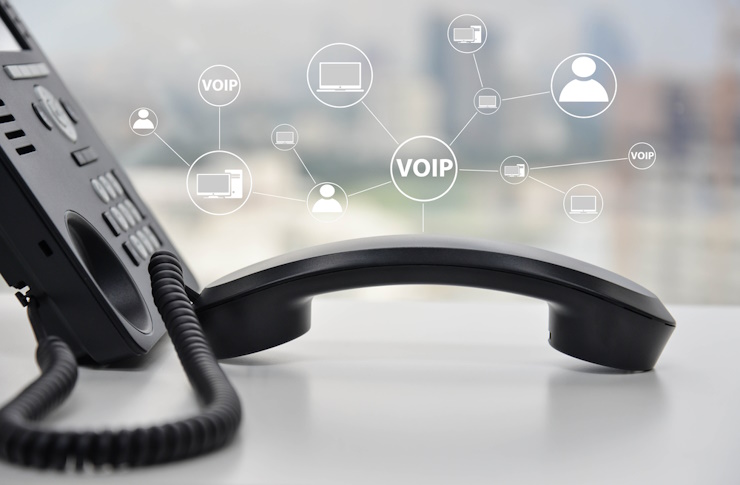Phone Packages for SMBs in the US: A Comprehensive Guide
Small and medium-sized businesses (SMBs) rely heavily on efficient communication systems to maintain operations and grow their customer base. Choosing the right phone package is crucial for managing costs while ensuring reliable connectivity. This guide explores the essential aspects of business phone packages, helping SMBs make informed decisions about their communication infrastructure.

What Are the Main Types of Business Phone Packages Available?
Business phone packages generally fall into three main categories: traditional landline systems, VoIP (Voice over Internet Protocol) solutions, and mobile business plans. Traditional landline systems offer reliable voice quality and don’t depend on internet connectivity. VoIP systems provide internet-based calling with advanced features like video conferencing and virtual receptionist capabilities. Mobile business plans enable workforce mobility with features specifically designed for business users, including shared data pools and admin controls.
How Do VoIP Phone Packages Benefit SMBs?
VoIP systems deliver significant advantages for modern businesses. They typically offer lower operational costs compared to traditional phone systems while providing enhanced functionality. Key benefits include scalability to accommodate business growth, integration with business applications, and advanced features like call analytics and CRM integration. VoIP systems also enable remote work capabilities, making them particularly valuable for distributed teams and flexible work arrangements.
What Should SMBs Consider When Choosing Mobile Phone Packages?
When selecting mobile phone packages, SMBs should evaluate several critical factors. Coverage quality in their operational areas, data allowances, and international calling capabilities are fundamental considerations. Businesses should also assess contract terms, device options, and the ability to add or remove lines as needed. Security features and mobile device management tools are increasingly important for protecting business data and maintaining control over company devices.
Key Features and Pricing Comparison
Below is a comparison of typical business phone packages available in the US market:
| Provider Type | Basic Features | Advanced Features | Monthly Cost Range |
|---|---|---|---|
| Traditional PBX | Voice Calls, Voicemail | Call Forwarding, Conference Calling | $30-50 per line |
| VoIP System | Voice/Video Calls, Messaging | AI Integration, Analytics | $20-35 per user |
| Mobile Business | Voice/Data, Basic Security | Fleet Management, MDM | $35-65 per line |
Prices, rates, or cost estimates mentioned in this article are based on the latest available information but may change over time. Independent research is advised before making financial decisions.
Essential Security and Compliance Considerations
Phone systems for businesses must incorporate robust security measures to protect sensitive communications. This includes end-to-end encryption for VoIP calls, secure voicemail systems, and compliance with industry regulations like HIPAA or PCI-DSS where applicable. Modern business phone packages should offer administrative controls, call recording capabilities, and detailed audit trails to maintain security standards and meet compliance requirements.
Small businesses should thoroughly evaluate their communication needs, budget constraints, and growth projections when selecting phone packages. The right solution will balance cost-effectiveness with essential features while providing the flexibility to scale as the business evolves. Regular assessment of usage patterns and costs can help ensure the chosen package continues to meet business requirements effectively.




